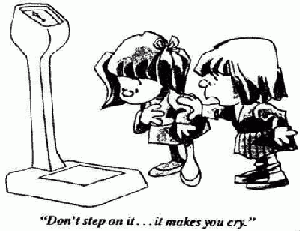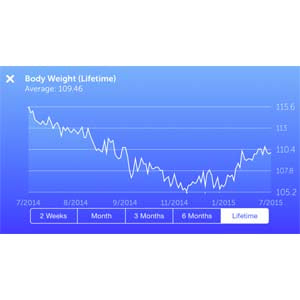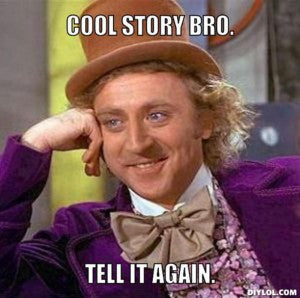I was eight years old the first time I learned about calories.
I remember I was standing in the kitchen of my best friend’s home at the time, and we were happily sharing a bag of flaming hot Cheetos.
“Do you know what calories are?” M asked me. She went on to explain how a calorie was a way to measure how much energy was in food. She’d overheard her mother discussing them over the phone the other day. The higher the number, the more calories something had. Seemed simple enough.
I glanced down at the nutrition label of the Cheetos bag I was holding and tried to decipher the text. I’d never even noticed the label on food before then; I had simply eaten what had tasted good. It had never crossed my mind to consider the energy content of my meals. (And honestly, who could blame me? I was just learning to master the multiplication table.)
One hundred sixty calories per serving.
What?!, I remember thinking. Wow, 160 calories – that seems like a lot.
I looked at M and proclaimed, “This has way too many calories!” and she nodded in agreement with fear in her eyes.
“Is that bad?” I asked. She looked at me, a little unsure, and conceded that maybe… maybe not… but she wasn’t positive. Maybe we should stop eating – you know, just in case.
Remember, I was eight years old back then. I had just learned about what calories were (kind of), but wasn’t provided with the proper context with which to interpret them. I didn’t know that 2,000 calories per day was supposedly an average adult’s calorie intake and that I ingested upwards of 3,000 calories per day at the time (as an active, growing child, I had a voracious appetite). I had no clue that 160 calories per serving for a snack was actually very reasonable.
All I knew was that 160 in general seemed like a very high number to me. Heck, my age was still in the single digits, and I weighed maybe 60lbs soaking wet. Of course 160 was going to seem high.
So I saw a number and freaked out. I panicked.
As I grew older and became more familiar with the concept of calories, I realized that I had simply been uneducated and hadn’t had the proper knowledge to make sense of the numbers on the nutrition label. It became clear to me that there was actually no reason for alarm.
I knew better.









